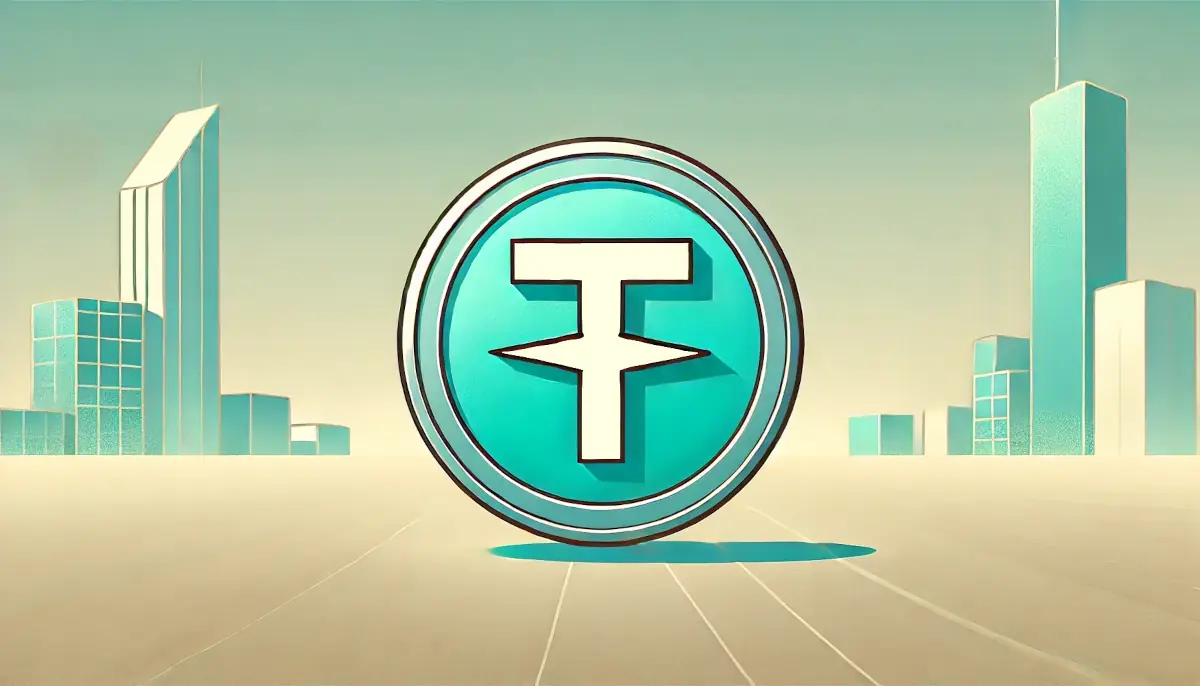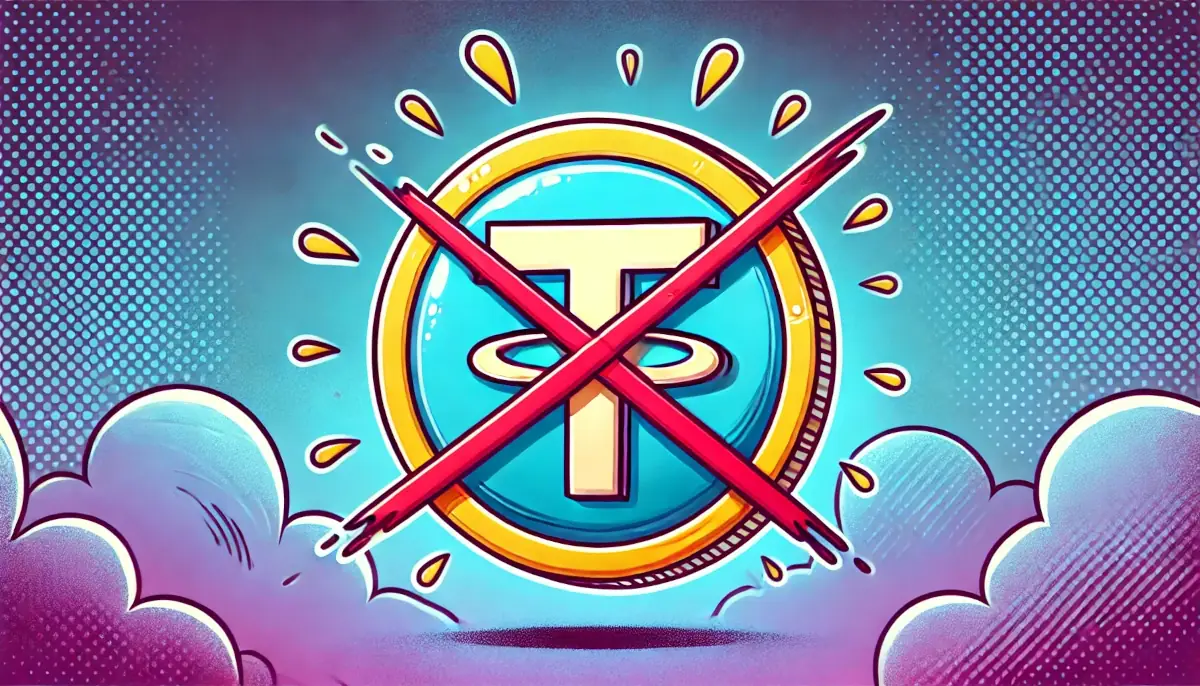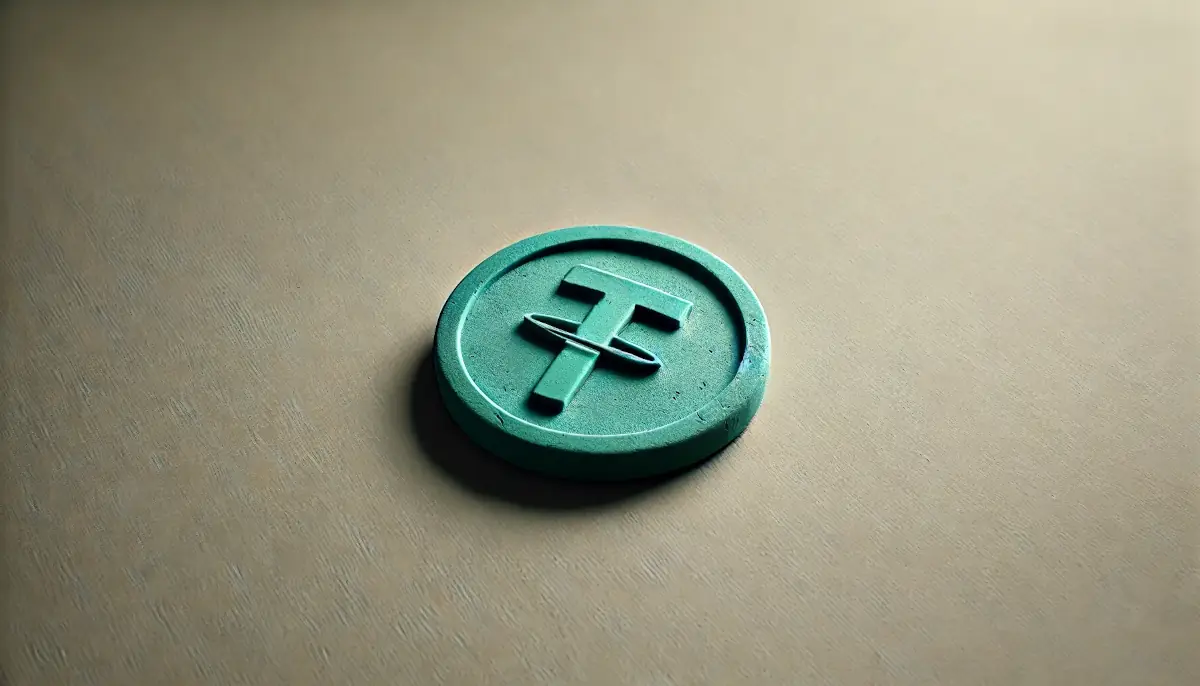Tether, the company behind the most heavily traded digital dollar, is finally preparing for something it has dodged for years: a full-blown audit. The company is starting to engage with one of the Big Four accounting firms in an effort to get its books officially verified. The push comes just as U.S. stablecoin regulations begin to tighten.
In a recent interview, CEO Paolo Ardoino said that securing a third-party audit is now a top priority. He also hinted that Tether’s engagement with one of the top firms – PwC, EY, Deloitte, or KPMG – is more realistic than ever.
It’s our top priority. Now we are living in a landscape where it’s actually feasible. If the President of the United States says this is top priority for the US, Big Four auditing firms will have to listen.
Table of Contents
Past Controversies Around Tether’s Lack of Transparency
Tether’s credibility took an early blow in 2019 when it backtracked on earlier promises. The company once claimed every USDT token was backed one-to-one by U.S. dollars. That changed when Tether revised its reserve composition to include loans, commercial paper, and other financial instruments. Critics argued that the assets weren’t as rock-solid as they were led to believe.
In 2021, U.S. regulators stepped in. The Commodity Futures Trading Commission fined Tether $41.6 million for misrepresenting its reserves. Investigators discovered that USDT was not consistently backed by fiat currency as claimed, but instead relied on unsecured receivables and third-party holdings.
Things worsened when New York’s Attorney General found that Tether’s reserves were used by Bitfinex, an affiliated company, to cover an $850 million loss. The scandal ended in an $18.5 million settlement, though Tether admitted no wrongdoing.
Falling Behind Europe’s New Rules
Tether’s troubles haven’t just been with U.S. regulators. Across the Atlantic, the company has found itself unprepared for Europe’s sweeping new Markets in Crypto-Assets (MiCA) regulations. These rules require stablecoin issuers to register with national regulators and meet tough standards around reserve transparency and e-money licensing.
Tether hasn’t secured that necessary license, which has led to its stablecoin being labeled non-compliant in the European Union. And exchanges aren’t waiting around. Crypto.com delisted USDT in Europe on January 31, 2025, with a grace period for users to swap assets ending March 31. Coinbase took similar action even sooner, removing USDT for EU customers despite no formal declaration from regulators.
Is This Really the Audit We’ve Been Waiting For?
The company has been issuing quarterly reserve reports for years, but those aren’t audits. They’re internal updates, not full-scale independent examinations. The crypto community has grown tired of promises without follow-through.
Adding to the pressure is the looming GENIUS Act in the U.S., which will require stablecoin issuers to undergo audits and hold their reserves in conservative assets like Treasury bonds. Without compliance, companies like Tether may not be allowed to operate in the U.S. market at all.
According to Tether, the company purchased $33 billion worth of U.S. Treasury bonds last year. Paolo Ardoino stated that 99% of those assets are held with Cantor Fitzgerald, a well-connected financial firm. Until January 2025, its CEO was Howard Lutnick – now U.S. Secretary of Commerce. That political link hasn’t gone unnoticed.
“Tether has a challenged reputation to say the least. It should be banned from buying US Treasuries until they pass a series of deep audits by US regulators – and that audit should go back to their inception. We’re taking a huge, unnecessary risk by letting this firm into our financial system”, said tech entrepreneur Jason Calcanis.
Real Change or Just a Facelift?
With $13 billion in profits last year, Tether has the resources to hire any firm it wants. The delay in doing so has raised eyebrows. Why would a firm so central to the crypto economy – clocking $89 billion in daily trading volume compared to Bitcoin’s $51 billion – hesitate to open its books?
Some speculate Tether may push for a limited audit focused only on reserves, avoiding a full accounting of its broader operations. But Big Four auditors are unlikely to settle for anything short of a complete review, especially with Washington watching.
The recent hiring of Simon McWilliams as Chief Financial Officer adds a new layer of intrigue. Appointed shortly after Ardoino’s promotion, McWilliams will oversee the audit process. But critics are still waiting to see if his appointment results in action or simply more delays.
Read more: Everything You Need to Know About the Digital Euro




